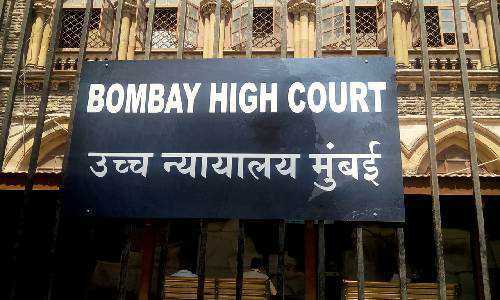
The Bombay High Court while hearing a petition for confirmation of the death sentence in The State of Maharashtra Vs Guddu Krish Yadav acquitted Guddu Krish Yadav who was sentenced to the death penalty by the Palghar sessions court in 2015 for the double murder of a colleague and his wife by allegedly pouring acid on the sleeping couple as revenge for reporting theft by Yadav to their employer.
It was observed by the Court that the trial was conducted in the most casual manner and that the prosecution had suppressed and fabricated vital evidence. The Bench noted that "After having appreciated the entire evidence on record, the material discrepancies, lacunae and blatant illegalities, we would definitely indicate that the prosecution has utterly failed in connecting the dots and bringing home the guilt of the accused. Merely because the crime is heinous and brutal, it would not be just to get carried away sans any legal proof required to substantiate the charge of murder on the accused."
After going through the evidence of both doctor and the nurse, it is clear that none of the deceased was in the state of giving a dying declaration. Thus, it noted that "the evidence led by the prosecution is fraught with major inconsistencies… The trial was conducted in the most casual manner and whether it was just and fair in a capital punishment case is a question remaining unanswered. The quality and credibility of the evidence adduced is not even up to the mark…".
The Court also placed reliance on Ashish Batham Vs. State of Madhya Pradesh[1] that forms the basis of this decision. The Apex Court in Ashish Batham’s decision observed that it was held that charges must be proved beyond reasonable doubt on the basis of clear, cogent, credible or unimpeachable evidence and the question of indicting or punishing an accused does not arise, merely carried away by heinous nature of the crime or the gruesome manner in which it was found to have been committed, the bench came to the unequivocal conclusion that the prosecution has not only suppressed vital evidence but deliberately fabricated the dying declaration of the deceased.
[1] AIR 2002 Supreme Court 3206

